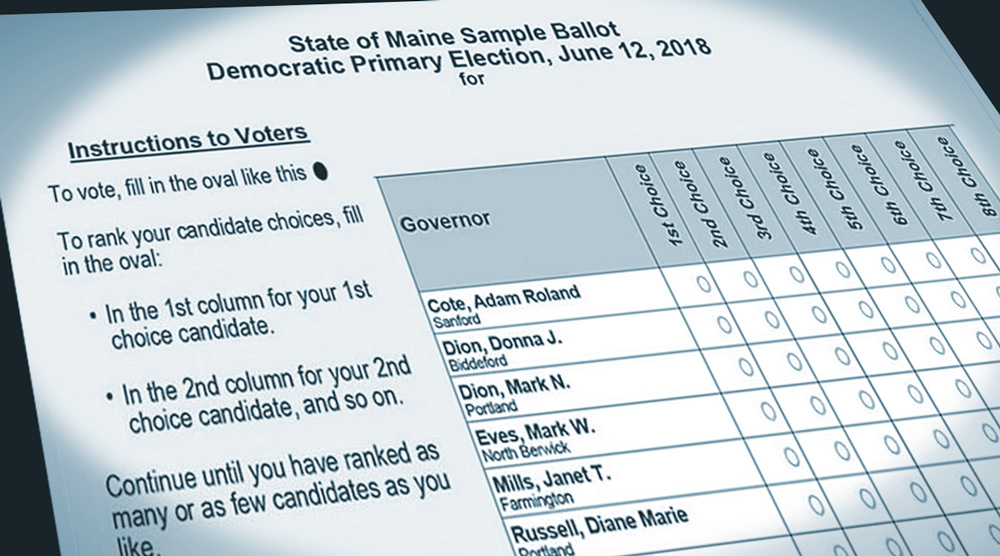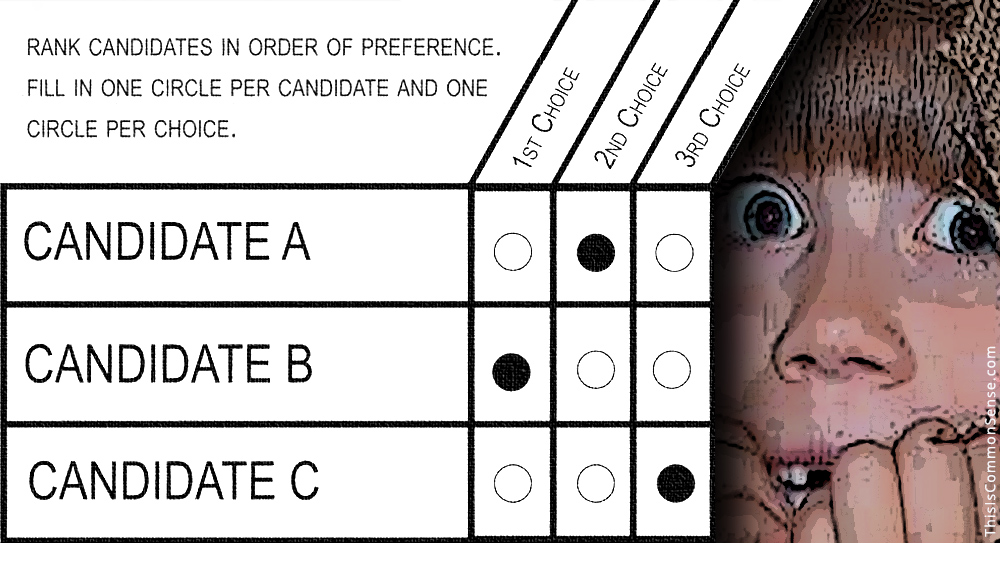Laurel Libby, a Republican state legislator in Maine, has been censured by Democrats in the Maine House of Representatives for a February 17 social media post in which she expressed disapproval of allowing “trans” girls (boys) to compete in high school sports for girls.
The alleged reason for the censure? Her post mentioned the winner of a girls’ track championship who is publicly known to be the winner and publicly known to be male.
Censuring Libby for stating her views would be bad enough. But the legislature went beyond putting its disapproval (or the Democratic majority’s disapproval) on record.
Representative Libby isn’t being allowed to speak as a representative during session. And she’s not being allowed to vote until she apologizes.
For stating her views on a public question.
Nor was she even allowed to defend herself when the House voted along party lines 75 – 70 to censure her.
This qualifies as tyranny, another mile down the slippery slope of eroding — or dynamiting — democratic norms and practices. The tyranny is not that of an autocrat but of the majority. In this case, the tyranny of a majority of partisans in a legislature.
It is also an attack on free speech. As the Foundation for Individual Rights and Expression observes, people elect representatives to “vote according to their conscience and express themselves freely on controversial topics.”
Rightly, Laurel Libby has refused to remove the Facebook post criticizing the policy of the Maine Principals’ Association. Wrongly, her constituents continue to be deprived of her voice and vote in the legislature.
She is asking the U.S. Supreme Court to redress this injustice. Let it act, and fast.
This is Common Sense. I’m Paul Jacob.
Illustration created with Midjourney and Firefly
See all recent commentary
(simplified and organized)
See recent popular posts
















